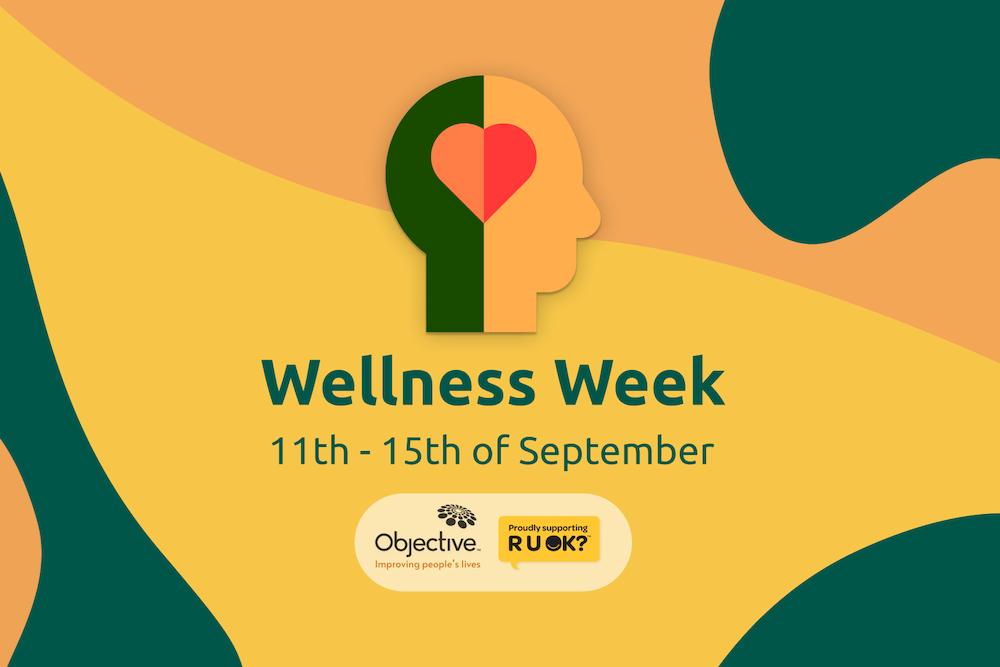FIONNA LIN / UX RESEARCH ASSOCIATE | PROVISIONAL PSYCHOLOGIST
Focus groups versus individual in-depth interviews is a debate that is as old as the research itself.
With the rapid increase in demand for usability testing and a design thinking approach to product and service development, organisations are investing in qualitative research, but are often choosing the wrong research tools to fulfil their objectives.
Many organisations view focus groups as more time and cost-effective but their use can be a costly trade-off when it comes to the quality of findings.
The true cost of Focus Groups
So what exactly can be detrimental about focus groups & what is the true cost of focus groups?
1. Groupthink
Coined by Irving L. Janis in the 1970s, ‘groupthink’ is the tendency for a group to try and seek unanimity on decisions and ideas.
Sounds good right, having your focus group agree completely on a finding? Absolutely not.
The belief that the group has reached consensus leads to less critical thinking and diversity of thought as individuals become less willing to share their ideas.
Individual in depth interviews reduce the chance for ‘groupthink’ bias as individuals are provided the space to explore their own ideas and thinking models without judgement.
2. Personalities
Almost everyone has had the experience of participating in a group activity where someone was particularly adept at leading or taking control.
There’s always that one person in a group. Or perhaps that person is you.
Just like groupthink, individual personalities can prevent focus groups from tapping into the depth of information that is available. In other cases, two strong personalities can be like two bulls fighting for dominance in a single ring.
A skilled moderator or in this case ‘matador’ should be able to ease the conversation along. But not without wasting time that could have been better spent probing for deeper insights with individuals.
3. Recruitment Skew
Our third problem is the nature of people who participate in focus groups themselves.
Depending on how recruitment was executed, people who opt in to take part in focus groups are by nature more outspoken. There’s a high chance that they sit in the pool of highly satisfied or dissatisfied.
The findings generated may appear to be strongly in favour or against options which drive a huge impetus for change.
It is easy to misconstrue this as an important finding that is reflective of users overall.
While the issue of self-volunteering participants being recruited will still be present with individual in depth interviews, the effect is reduced as the pressure to speak up strongly in front of others is greatly lessened.
4. Confidentiality/Risk
While it can be argued that shared experiences can make it easier to discuss certain topics (like Alcoholics Anonymous), the intention of a focus group isn’t rehabilitation or therapy but for the researcher to understand the user.
Even innocuous topics can be deeply uncomfortable for participants to discuss in front of others.
With focus groups it is instantly harder to preserve the confidentiality of participants and to ensure there are no conflicts of interest, hidden relationships or cultural taboos that might spring up during the course of the session.
Are we willing to risk the confidentiality of our participants for our findings?
When one can gain a greater quantity and quality of data through individual in depth interviews with less risk, ethically the answer should be no.
Summary
Just like with individual in depth interviews, the unnatural context of the study environment and strangers means that any results gained from a focus group should be interpreted with care at the discretion of the moderator and observers.
In the end, both individual in depth interviews and focus groups have their flaws but individual interviews can certainly address the areas where focus groups fall short.
And while individual interviews are certainly not appropriate in all strands of research, it would be a mistake to discount all the concerns associated with focus groups simply due to the often misguided perception of their bang for buck.

Source: Dilbert.com
References:
Azarra, C. Qualitatively speaking: The focus group vs. in-depth interview debate. Retrieved from https://www.quirks.com/articles/qualitatively-speaking-the-focus-group-vs-in-depth-interview-debate
Gill, P., Stewart, K., Treasure, E., & Chadwick, B. (2008). Methods of data collection in qualitative research: Interviews and focus groups. British Dental Journal, 6, 291-295.
Janis, I. L. (1971). Groupthink. Psychology Today, 5, 43-46.
Kitzinger, J. (1995). Qualitative research. Introducing focus groups. British Medical Journal, 311, 299-302







